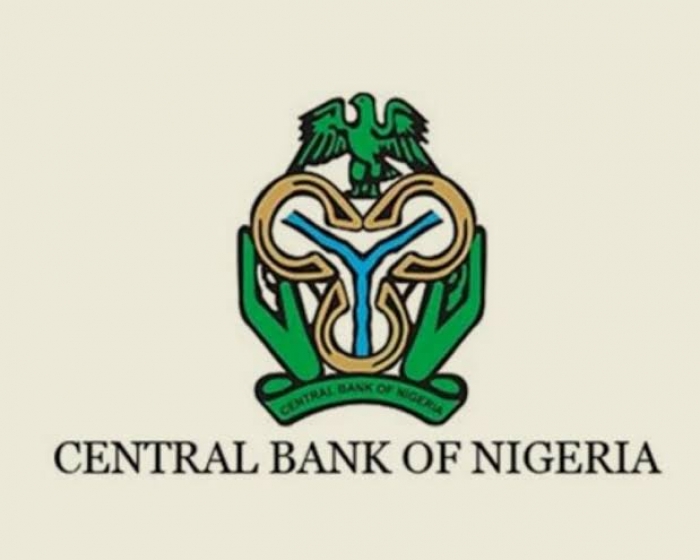The Central Bank of Nigeria (CBN) has held its benchmark lending rate steady at 27.50 percent, marking the first pause in rate adjustments in almost three years.
CBN Governor Olayemi Cardoso announced the decision following a two-day Monetary Policy Committee (MPC) meeting in Abuja. This represents a significant shift in strategy, as the CBN had consistently increased rates since March 2022, when the benchmark stood at 11.5 percent.
The MPC unanimously agreed to maintain current rates, citing positive macroeconomic developments including stability in the foreign exchange market, appreciation of the naira, and gradual moderation in fuel prices. These factors are expected to favorably impact pricing trends in the near to medium term.
In addition to maintaining the benchmark rate, the committee retained the asymmetric corridor around the Monetary Policy Rate (MPR) at +500 to -100 basis points. The Cash Reserve Ratio (CRR) remains at 50 percent for commercial banks and 16 percent for merchant banks, while the liquidity ratio stays at 30 percent.
This decision follows the National Bureau of Statistics' recent announcement that Nigeria's annual inflation rate was 24.48 percent in January, based on a rebased Consumer Price Index with 2024 as the new base year.
Despite implementing six interest rate hikes in 2024 totaling 875 basis points, inflation has remained high due to exchange rate fluctuations, subsidy removal, and supply chain disruptions. The committee acknowledged ongoing inflationary pressures, particularly from food prices.
Cardoso noted that as the federal government improves security in food-producing regions and implements measures to increase food supply, food prices are expected to moderate. The committee also highlighted the positive impact of external sector improvements on exchange rate stability and urged the bank to continue efforts to boost market liquidity.


































































